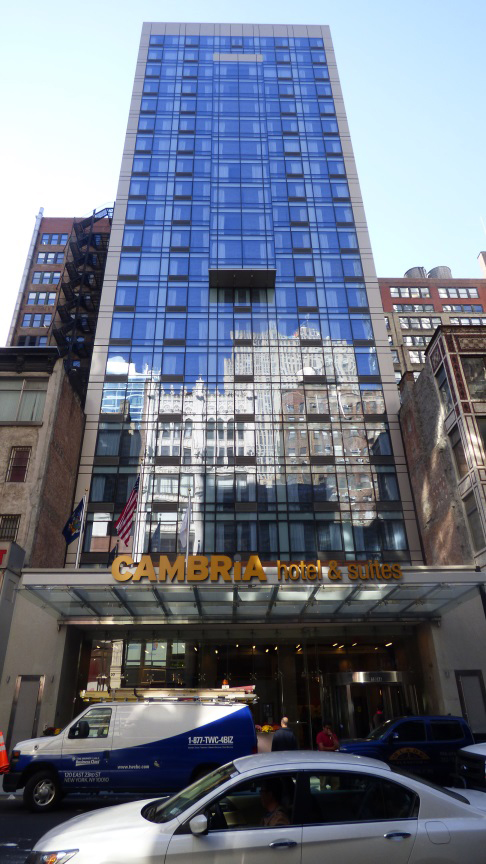News:
Green Buildings
Posted: April 22, 2013
Master plans for energy efficiency: Planning for success
The energy systems supporting real estate complexes can be numerous and multifaceted. This intricacy is only magnified when you consider how the systems interact. Lighting creates heat and increases the demand on the cooling system. Steam traps reduce heating efficiency and create the need for a more powerful HVAC system. A greater understanding of these interactions will help property owners increase efficiency and reduce costs.
Property owners are well served when they create master plans that provide this understanding. A master plan will help owners manage existing conditions while guiding future improvements that avoid costly infrastructure mistakes.
The New York State Energy Research and Development Authority (NYSERDA) works with facility managers and technical assistants to look at a real estate development's systems and conduct an audit of all energy-related components. This team of experts outlines the holistic ways systems can work together to provide energy efficiencies. These efforts may fall under NYSERDA's cost-sharing programs.
With a master plan in hand, property owners can take proactive steps to reduce energy needs by eliminating steam traps and leaks, choosing boilers and chillers that work with their other systems, selecting the most appropriate HVAC systems or using outside air to improve ventilation.
A master plan identifies the best way to repair systems in advance of problems, so the fixes will work with all the other systems at the facility. Then, if a system breaks, the facility's staff can consult their master plan and choose the best solution.
In the end, a master energy plan becomes an integral part of a facility's roadmap for success. Oftentimes organizations develop five- and 10-year plans to address business goals and projected growth. It also makes sense to have a master plan to address energy usage and implement energy-efficiency measures.
To learn more about NYSERDA's work with master plans, please visit: http://www.nyserda.ny.gov/Commercial-and-Industrial/CI-Programs/FlexTech-Program.aspx.
Todd Baldyga is the acting director of energy efficiency services at the New York State Energy Research and Development Authority (NYSERDA), Albany, N.Y.
Tags:
Green Buildings
MORE FROM Green Buildings
IREON Insights: DURA Architectural Signage manufactures and delivers over one million signs
Long Island City, NY Since its founding in 1955, IREON member DURA Architectural Signage has proudly manufactured and delivered more than one million signs to clients across a wide range of industries. From architectural interior signage to large-scale exterior installations, their work can be seen in corporate

Quick Hits







.gif)

.gif)
.jpg)
.gif)